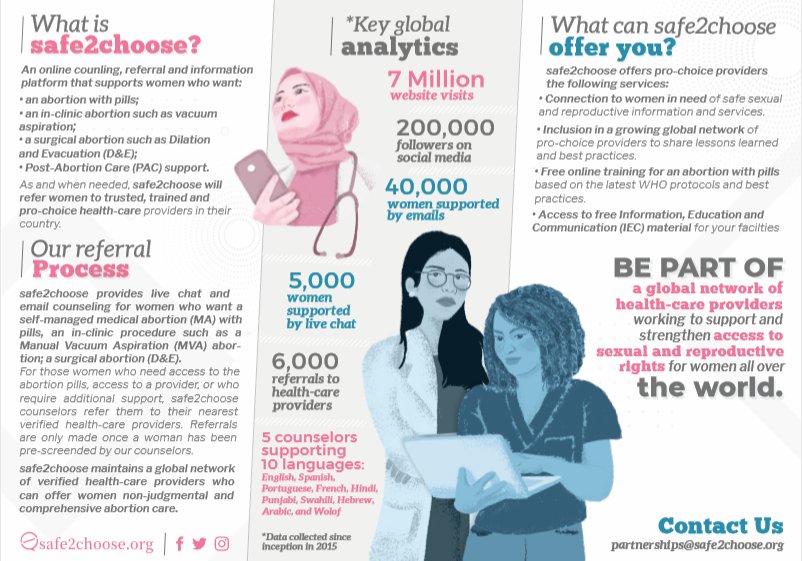Since time immemorial the violation of womxn’s physical, mental, and emotional rights have been unrelenting. Before we knew it, our wombs were legislated. However, perseverance led to an opening up of choices, choices where we could breathe, and choices that made sure we had a say in how our bodies were treated. The Medical Termination of Pregnancy Act, 1971 was one such choice.
However, India is a country that is fueled with myths and taboos morphed into a space where reproductive, sexual, and abortion talks are a big no-no. Making it all the more essential that we, the womxn of today know about our choices and our rights. Needless to say, dodging of said topics lead to spread of misinformation that is utterly untrue and dangerous in the long run. To bust a few myths and taboos, here are 5 abortion laws and rights every womxn must know if they want to opt for an abortion.
1. Medical Termination of Pregnancy Act.

According to the Medical Termination of Pregnancy Act, womxn are allowed to terminate an unintended pregnancy with the sign off of one medical practiotioner within 12 weeks, but for an unintended pregnancy exceeding anywhere from 12-20 weeks, they are required to get a certificate from two certified doctors or medical practitioners. In other cases where unintended pregnancies exceed 20 weeks a court judgemet is required to abort.
2. Age-appropriate consent.

Anyone over the age of 18 can have an abortion without a guardian/parent/partner present. Often in a country like ours, womxn are meant to take permission from their families, or their partners before deciding to abort, however, the MTP Act gives us the autonomy to make this choice ourselves.
3. MTP Act and its criteria.

The Medical Termination of Pregnancy Act allows abortion if they meet a certain criteria. These include incest, contraceptive failure (only applicable to married womxn), rape, mental illness, threat to the womxn’s life or a fetal abnormality.
4. You have a right to privacy.

In a benchmark judgement, the Supreme Court of India said, “A woman’s freedom of choice whether to bear a child or abort her pregnancy are areas which fall in the realm of privacy”. Any person spreading knowldge of one’s decisions without constent can be held in contempt.
5. An abortion after a sex-determination is illegal.

To prevent female foeticide the PCPNDT Act (Pre-Conception and Pre-Natal Diagnostic Techniques Act, 1994) means that sex determination is illegal in India.
Despite living in a day and age where we have laws to support and protect the decisions we make for ourselves, abortion will always be a sensitive topic shrouded in taboo. Certain “facts” that are constantly promoted like: The fetus can feel pain, womxn suffer from mental trauma once they abort, or even the fact that once you abort, you can’t conceive later are all utterly untrue!
That’s why to curb the spread of misinformation, safe2choose is an organisation whose sole purpose is to allow more womxn to learn and understand about the various options available to us, in turn empowering us to make our own reproductive health choices on our terms. They even elaborated on it here.

The platform provides bilingual trained counsellors one can speak to in English or Hindi. All the services on the platform are free of any costs. You can access a plethora of information on abortions, and reproductive health as well. For more information, check it out here! If you would like information on contraception have a look at findmymethod.org.

















